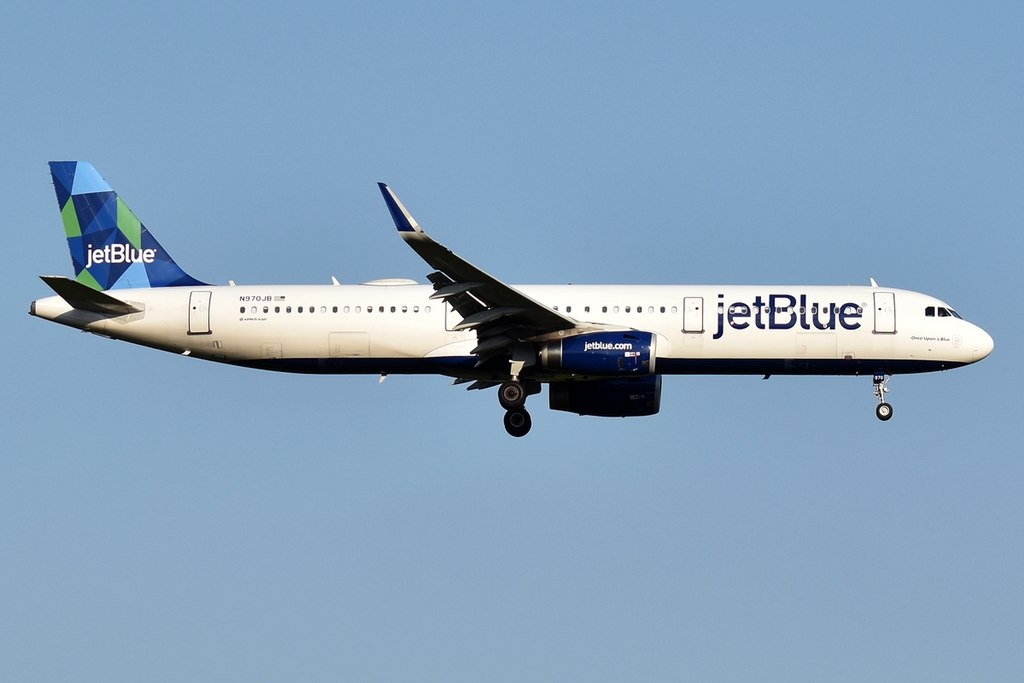by Chris Farrell
Granted there could be a variety of reasons why El Dahr was invoking his supreme being. But there is only one reason for not reporting it -- deliberately to obscure a possible tie to Islamic radicalism.
If we are trying to ascertain motive in a situation like this, shouting "Allah" would seem to be a key detail. That potentially moves the incident from "disturbed passenger freaks out over failed phone connection" to "jihadist tries to commit suicide attack." It does not prove the latter case of course, but it does make it part of the conversation.
However, you would have to go to the FBI affidavit to get that detail. The Washington Post write up of the incident, clearly based on the affidavit, went so far as noting that El Dahr "yelled in Spanish and Arabic" but omitted that he was shouting about Allah -- despite the obvious news value in that detail.
Granted there could be a variety of reasons why El Dahr was invoking his supreme being. But there is only one reason for not reporting it -- deliberately to obscure a possible tie to Islamic radicalism.
 If a radical Islamist hijacked an airplane, we might never know it was an act of terrorism. That is, if we rely only on the mainstream media. Case in point: On September 22, Khalil El Dahr, a passenger on JetBlue Flight 261 from Boston to Puerto Rico, suddenly rushed to the front of the aircraft, choked and kicked a flight attendant, and tried to break into the flight deck. (Image source: Anna Zvereva/Wikimedia Commons) |
If a radical Islamist hijacked an airplane, we might never know it was an act of terrorism. That is, if we rely only on the mainstream media.
Case in point: On September 22, Khalil El Dahr, a passenger on JetBlue Flight 261 from Boston to Puerto Rico, suddenly rushed to the front of the aircraft, choked and kicked a flight attendant, tried to break into the flight deck, and urged crew members to shoot him. It took a half-dozen flight attendants to restrain El Dahr, tying him down with flex cuffs, seat belt extenders and a necktie. On landing in Puerto Rico, El Dahr was arrested and charged with interference with flight crew members and attendants, a federal crime.
What was El Dahr's motive? Authorities have not released their findings yet, but we know some facts from an affidavit filed by FBI Special Agent William Lopez. El Dahr had attempted an in-flight phone call and "became angry about the call's unsuccess." About twenty-five minutes later he rushed the cockpit, struggled with flight attendants, speaking in "Spanish and Arabic," and "one point during the incident, they were able to understand EL DAHR say Allah in a raised tone."
If we are trying to ascertain motive in a situation like this, shouting "Allah" would seem to be a key detail. That potentially moves the incident from "disturbed passenger freaks out over failed phone connection" to "jihadist tries to commit suicide attack." It does not prove the latter case of course, but it does make it part of the conversation.
However, you would have to go to the FBI affidavit to get that detail. The Washington Post write up of the incident, clearly based on the affidavit, went so far as noting that El Dahr "yelled in Spanish and Arabic" but omitted that he was shouting about Allah -- despite the obvious news value in that detail.
Granted there could be a variety of reasons why El Dahr was invoking his supreme being. But there is only one reason for not reporting it – deliberately to obscure a possible tie to Islamic radicalism.
This is hardly the first time that the media and even the government have downplayed evidence of a motivation related to Muslim extremism. Take the "workplace violence" narrative that was pitched about US Army Major Nidal Hasan's terrorist attack at Ft. Hood in 2009 in which he shot and killed 14 people and wounded 33 others. Despite describing himself as a "Soldier of Allah" and with copious evidence of the motivation and intent of his murderous plan, the official Defense Department review was silent on any factors related to his radicalization.
Earlier, when 2002 Washington, D.C. sniper John Allen Muhammad left a cryptic note to police saying "I am God ... Allah" only the "I am God" part was reported. When married couple Syed Rizwan Farook and Tashfeen Malik shot up a San Bernardino Christmas party, killing 14 people and seriously wounding 22, headlines told us the motive was "unclear"-- until it came out that they had spent a year planning the attack as a part of a commitment to "jihad and martyrdom."
Again, we cannot jump to the conclusion that El Dahr was a terrorist motivated by radical Islamist ideology, even though his actions fit exactly the M.O. that Al Qaeda pioneered two decades ago. What is at issue here is the propensity for news organizations to conceal possible terroristic motivations -- but only of a certain type. Naturally if El Dahr had been a white guy raving about election fraud, COVID vaccinations or Trump 2024, there would be 24-hour coverage of the threat posed by "white rage" and "domestic terrorism," and calls for tight travel restrictions against real or suspected members of the opposition party.
Freedom of Information Act requests with the relevant government agencies will hopefully uncover more about this incident, including what the government knows about El Dahr, his background, his motives, and who he was trying to call while on JetBlue Flight 261. In other words, true investigative journalists will work to uncover facts that the Washington Post's "mainstream journalists" should be uncovering but do not, because they are apparently afraid of what they might find.
Chris Farrell is Director of Investigations at Judicial Watch and Distinguished Senior Fellow at Gatestone Institute.
Source: https://www.gatestoneinstitute.org/17841/jetblue-jihadist
No comments:
Post a Comment